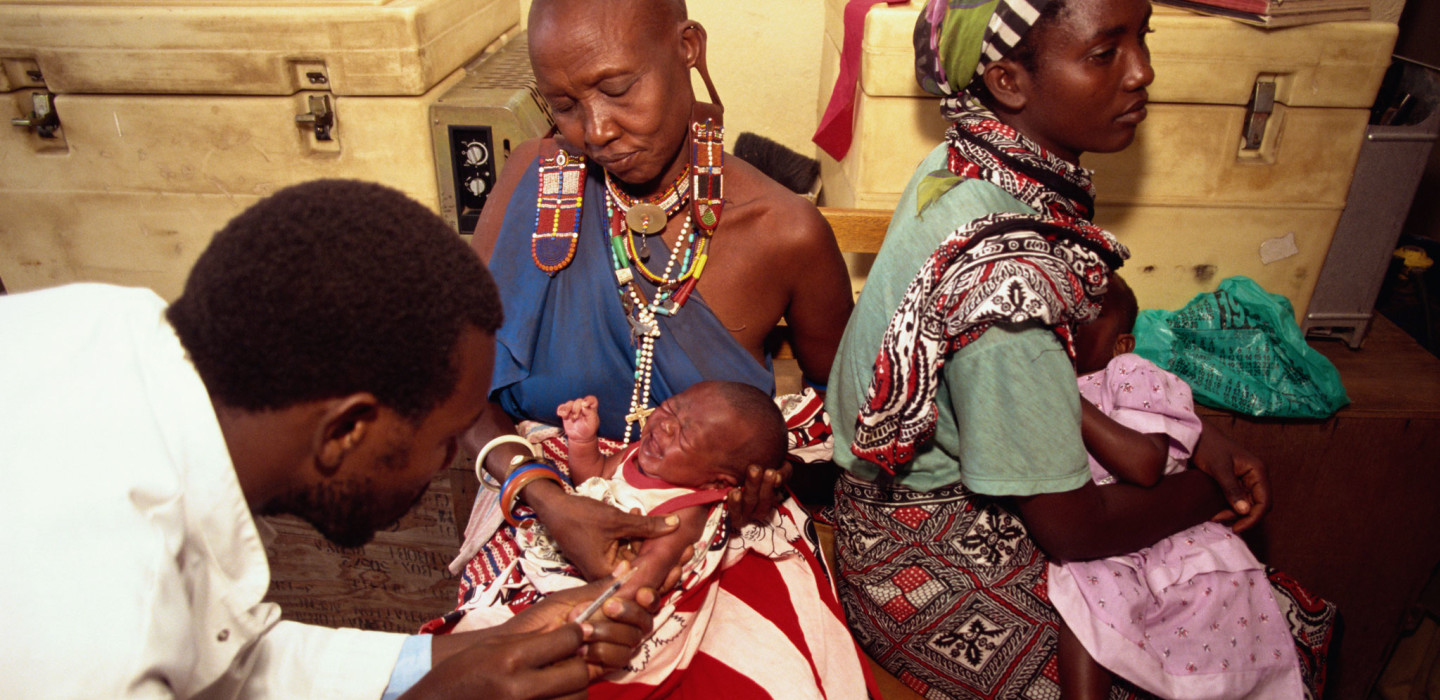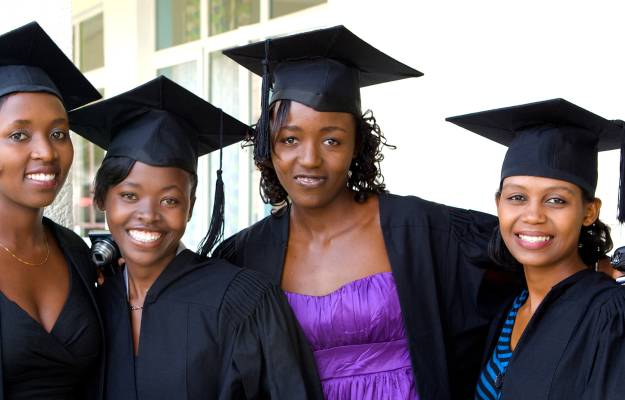
A Pulse on Philanthropy: Q and A With Dr. Thomas Burke
When guests embark on a TCS World Travel trip, they also support efforts to improve health care in the world’s most needy communities.

Since 2010, the fee that TCS World Travel pays each expedition physician has been donated to a nonprofit organization called Ujenzi Charitable Trust. To date, this adds up to more than half a million dollars.
The organization’s founder, Dr. Thomas F. Burke, leads the Division of Global Health and Human Rights at Massachusetts General Hospital. He’s also medical director for TCS World Travel, ensuring that each trip takes flight with an expert physician on board.
Ujenzi Charitable Trust supports high-impact solutions to major health challenges in underserved communities, primarily in sub-Saharan Africa. For example, it helped Massachusetts General Hospital develop a low-cost kit health workers can use to prevent women from bleeding to death after they’ve given birth. This uterine balloon tamponade (UBT) kit consists of easy-to-assemble components such as a condom, catheter and syringe and has been tested in more than 15 countries to date.
In this Q&A Burke explains which Ujenzi projects have been made possible with TCS World Travel funding.
How does Ujenzi Charitable Trust choose projects or initiatives to support?
What we try to do is create solutions that can be brought to scale. I seek the best intersection between where we have capacity, where we have resources and where the need is the greatest. We are doing work in Nepal, Peru and Colombia, but most of our work is in sub-Saharan Africa.
How did the idea for the UBT kit develop and where has it been distributed?
We made our first UBT kit six-and-a-half years ago in South Sudan when the country asked us to address a major maternal health problem: How can we help women who are hemorrhaging to death after they deliver babies? This kit is the solution we came up with. It’s now in 15 countries and soon going to be in two more. No one else was going to fund that crazy idea, but the money that started this came from TCS.
What is the goal of another Ujenzi-supported project, the Every Second Matters—Ketamine Initiative?
Of the 7.2 billion people on Earth, 5 billion do not have access to emergency and urgent surgery in a timely fashion. One of the reasons is lack of anesthesia services. Ketamine is a low-cost anesthetic agent that has been used safely worldwide for over 40 years. We created a package using this old-fashioned drug and trained health workers to use it. There have been 360 operations that could not have been performed without this package.
The money from TCS World Travel is the catalytic money for everything we do.
—Dr. Thomas F. Burke, founder of Ujenzi Charitable Trust and TCS World Travel Medical Director
Ujenzi, along with the MGH Division of Global Health and Human Rights, also supports a two-year global health fellowship for residency-trained physicians. What do you hope these fellows do in the future?
Almost every penny from TCS World Travel goes to support these fellows. There are nine doctors currently, and each of them, we hope, will spend their careers in leadership roles addressing poverty and global health. The ripple effect from this is quite substantial and could go on for many years.
Ujenzi has also partnered with several other organizations to establish a residency program in family and emergency medicine in western Kenya. Why was this program necessary?
It’s really about creating leaders who are also competent in all general aspects of medicine and surgery. We are trying to make Ujenzi obsolete and increase in-country capacity. What’s interesting is that the trainers who train the doctors are global health fellows supported directly by TCS.
Finally, what is the benefit to TCS World Travel guests in having a doctor on board throughout the journey?
It’s certainly much safer having someone who can be with you. If someone has an illness, we can let it unfold. If you go see a doctor in an ER for an hour, you can’t really get that longitudinal follow-up. Basically you live with your doctor for 23 days!
Learn more about Ujenzi Charitable Trust and TCS World Travel’s ongoing philanthropic efforts.


